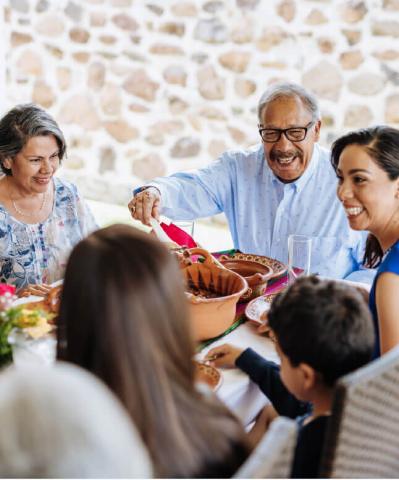
Local Capacity Building
Accelerate Your Efforts
If you are already implementing all or most of the strategies listed above, consider adding some of these to deepen your local capacity-building efforts:
Revisit and consider what your capacity expectations are and if that’s something your United Way can take on:
Example: Access to a database versus having to own and manage their own database. Think outside of the box.
Hold funded agencies and partners accountable for agreed-upon equity practices and outcomes. Building local nonprofit capacity to become more equitable should be paired with increased expectations to manifest those learnings in organizational policy and practice over time. Work with funded agencies and partners to get their input on equity metrics that can be agreed upon. What gets measured gets done.
Your United Way can identify which capacity-building approaches are most relevant for your local context and develop metrics to evaluate your adherence to investing in those established baselines with partner organizations and track progress over time.
For United Ways, understanding what key capacities might drive the greatest impact in terms of equity can inform grantmaking and resource allocation strategies.


Consider what you can stop doing once that capacity is built in the network and identify where you want to focus your efforts next.

Equity practitioners have identified several specific focus areas or leverage points for capacity-building that are most effective in driving equitable culture and practice:
- Data that could include building organizational capacity to collect and analyze data with equity metrics in mind and incorporate that data into strategy development and decision-making. United Ways can support network partners in building that internal capacity or play a role in data collecting and sharing.
- Organizational Culture can include investments made in the learning and development of staff to effectively embody and advocate for equity both within their organizations and externally with the community.
- Board of Directors which can include deepening their understanding of equity and their capacity to make strategic, informed, and empathetic decisions that drive greater equity, diversity and inclusion.
- Managers and Senior Leaders which can include focusing on the development of empathetic management skills that drive greater staff retention, more diverse hiring, and inclusive decision-making.
- Organizational and Fiscal Health which can include not only building the capacity of local organizations to be more fiscally stable by shoring up systems and processes, but also grantmaking at a level that helps create that sustainability, and exploration of other revenue generation models (e.g. endowments, fee-for- service).
